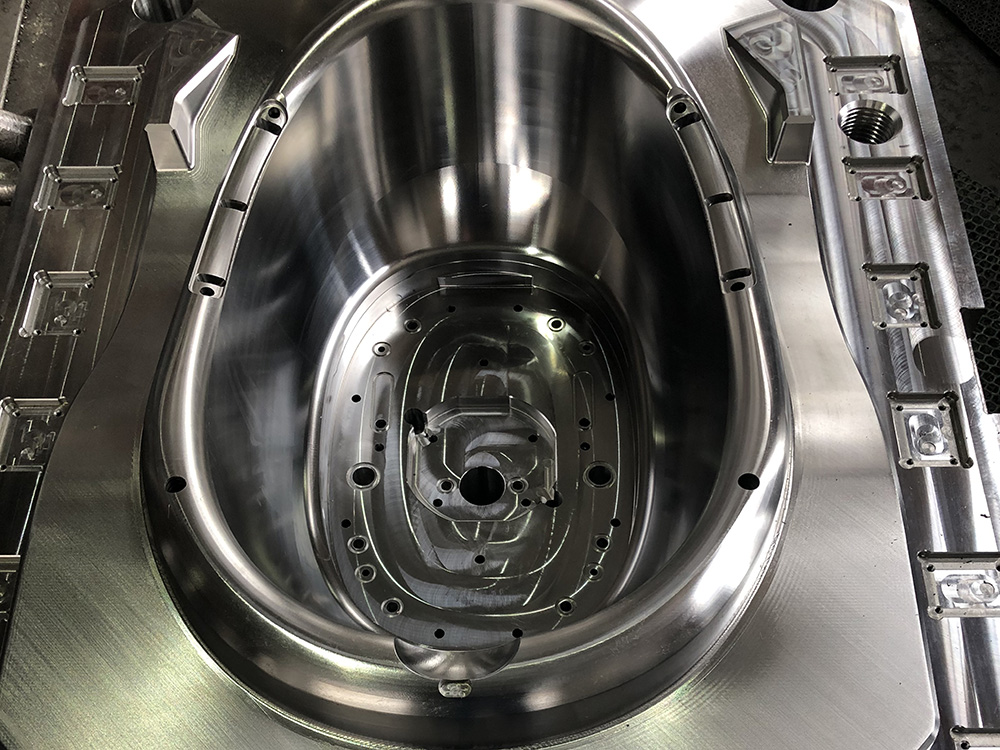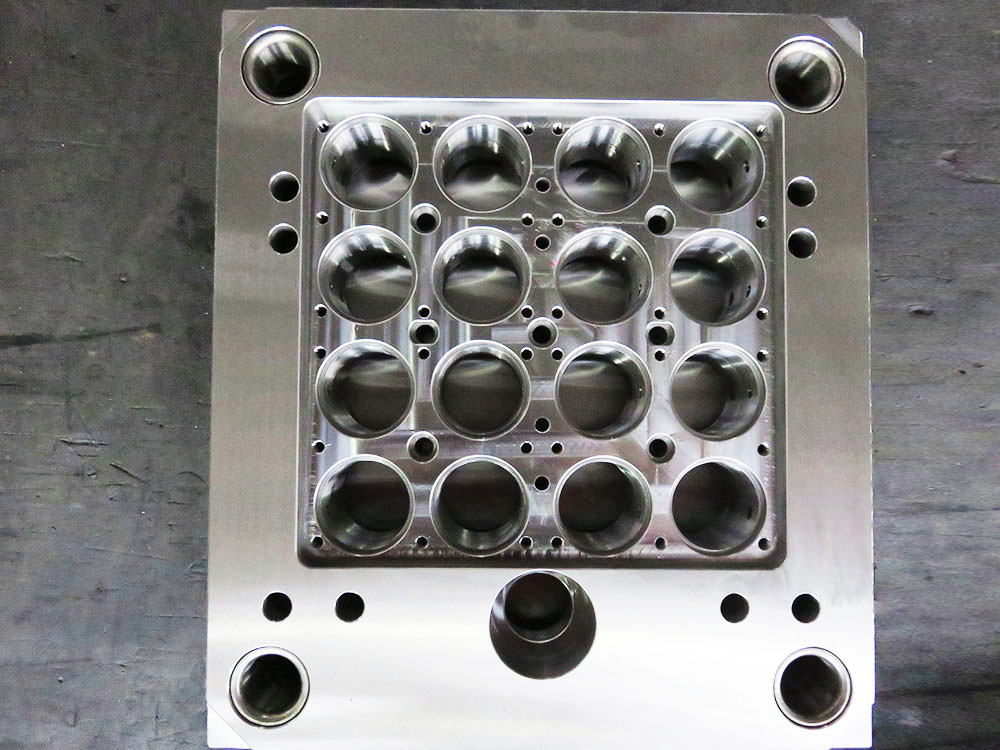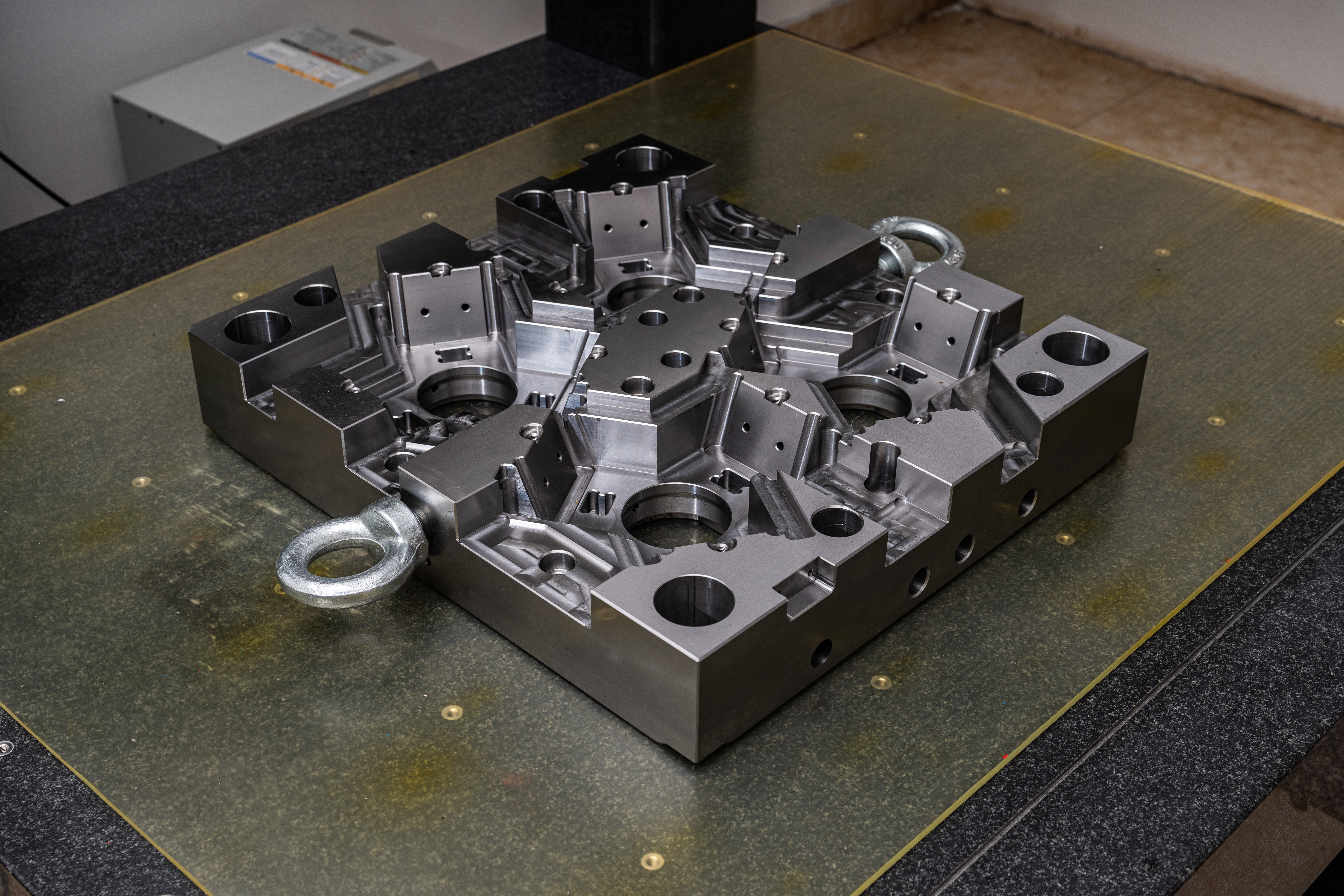The Importance of Mold Bases in the Manufacturing Industry
Mold bases are essential components in the field of manufacturing as they play a crucial role in the production of various products. These bases provide a stable and precise foundation for molds, ensuring the production of high-quality and accurately shaped items. In this article, we will explore the importance of mold bases in the manufacturing industry.
Mold Bases: The Backbone of Molds
Mold bases serve as the backbone of molds, providing structural support and stability. They are typically made from high-quality materials, such as steel, which offer excellent strength and durability. The robust construction of mold bases ensures that the molds can withstand the high-pressure and repetitive forces exerted during the manufacturing process.
Furthermore, mold bases act as a platform to mount the mold components, including cavities, cores, and inserts. These components are precisely positioned within the mold base, ensuring proper alignment and accuracy during the manufacturing process. Any misalignment or inaccuracies in the mold base can lead to defective products and production inefficiencies.
Precision and Consistency
In the manufacturing industry, precision and consistency are critical factors that directly impact the quality of the final products. Mold bases play a vital role in achieving this precision and consistency. The use of well-designed and precisely manufactured mold bases ensures that the molds produce products with consistent dimensions and shapes.
Through the use of advanced machining techniques and tools, mold bases are manufactured with high accuracy and tight tolerances. This level of precision allows for the production of intricate and complex molds and ensures the replication of the desired product design. It also reduces the need for manual adjustments during the manufacturing process, resulting in improved efficiency and cost-effectiveness.
Customizability and Versatility
One of the key advantages of mold bases in the manufacturing industry is their customizability. Mold bases can be designed and constructed to meet the specific requirements of different products and manufacturing processes. This flexibility allows for the production of a wide range of products, from small components to large industrial parts.
Additionally, mold bases can be easily modified or redesigned to accommodate design changes or new product developments. This adaptability saves time and resources, as it eliminates the need to create an entirely new mold when product requirements change. By simply replacing or modifying components within the mold base, manufacturers can quickly adapt to market demands and stay competitive.
Conclusion
In conclusion, mold bases are indispensable components in the manufacturing industry. They provide the structural support, precision, and customizability required for the production of high-quality products. With their ability to ensure accuracy, consistency, and versatility, mold bases contribute significantly to the efficiency and success of manufacturing processes.




